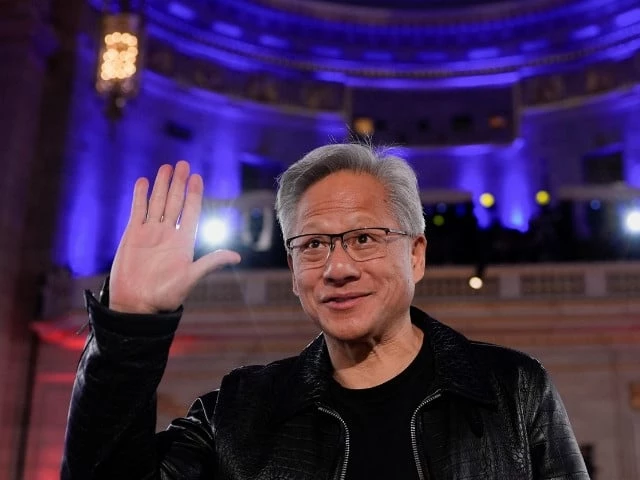Navigating the Complexities of AI Chip Demand in a Geopolitical Landscape
The tech world is buzzing, especially when it involves giants like Nvidia. Recently, CEO Jensen Huang expressed concerns about the ongoing tensions between Washington and Beijing and how these dynamics affect Nvidia’s critical position in the AI chip market. As he spoke in London, it became clear that Nvidia is not just a tech company; it’s a player caught in the crosshairs of a digital Cold War.
In a nutshell, the situation is tricky. China’s internet regulator has told its top tech firms to halt orders of Nvidia’s key AI chips, adding to an already tangled web of trade regulations and geopolitical maneuvering. Despite governmental pressure, many Chinese companies are still eager to get their hands on these essential chips. This tension highlights a broader dilemma: how multinational corporations can thrive amid the conflicting governmental agendas of two superpowers.
Huang, in his characteristic calm demeanor, stated, “We can only be in service of a market if a country wants us to be.” It’s an acknowledgment of the challenging landscape Nvidia faces, particularly as it attempts to cater to a global demand that shows no signs of slowing down. Given that China accounted for about 13% of Nvidia’s overall sales last year, the country remains a significant market even amidst these challenges.
The response from the U.S. has been equally impactful, with successive administrations imposing restrictions aimed at stifling China’s access to advanced chips. This has led Nvidia to embark on a robust lobbying effort in Washington, evident from their recent influx of lobbyists and skyrocketing expenditures in this arena.
Adding another layer to the complexity, the Cyberspace Administration of China (CAC) has enforced stricter measures, urging firms like Alibaba and ByteDance to cease testing and ordering specific Nvidia products, including the RTX Pro 6000D. This abrupt shift could further pressure Nvidia’s sales in a crucial market, proving that companies must constantly adapt in today’s high-stakes tech environment.
Despite the challenges, Huang remains hopeful, pledging to continue supporting Chinese companies as they navigate these regulations. Yet, with the recent lukewarm response to Nvidia’s latest chip offerings, it’s clear that success will hinge on finding a balance between political realities and market demands.
For those looking to delve deeper into the world of AI chips and the multifaceted implications of trade policies, there’s a wealth of information available. At Pro21st, we’re committed to keeping you informed and engaged with the latest developments in technology and business. Join the conversation with us and expand your understanding of how these global dynamics shape our tech landscape!




